Table of Contents
You’re staring at the phone again. No new messages. No apology. No explanation. Just the echo of their absence and the gnawing thought: What’s wrong with me?
If you’ve been there, you know how self-worth after rejection can feel shattered. The feeling isn’t only emotional—it’s physical too. A heavy chest. A hollow gut. As though your body knows something your mind is struggling to accept: you’ve been cut off from connection, and it hurts.
But here’s the truth no one tells you in those late-night spirals: your worth wasn’t erased. It was never in their hands to begin with. What’s shattered can be rebuilt—stronger, steadier, and finally yours.
Why rejection feels so devastating to self-worth
Rejection doesn’t just bruise your ego; it lights up the same neural pathways as physical pain.
Neuroscientists have found that social exclusion activates the anterior cingulate cortex—the same brain region that processes bodily injury. That’s why heartbreak feels like a punch to the chest. Your brain, wired for survival in a tribe, interprets rejection as a threat to existence itself.
For some of us, the impact goes even deeper. When your self-worth depends on others’ approval, rejection can feel like total annihilation. If you’ve spent years equating being loved or chosen with being enough, their absence leaves you in freefall.

How to rebuild self-worth after rejection
Rebuilding begins with a shift in perspective: Instead of asking, “Why wasn’t I enough for them?” ask, “What makes me enough for me?”
Psychologists call this self-affirmation—reflecting on your deepest values, your resilience, and your strengths. Studies show that this practice:
- Lowers stress hormones (like cortisol)
- Calms the mind during emotional upheaval
- Strengthens a sense of inner stability
Start here:
- Journal about your proudest moments that weren’t tied to external validation.
- List qualities in yourself you admire, even in pain.
- Reflect daily on values that matter most to you.

Why Breakups Hurt So Much (Science of Heartbreak & Healing)
Let’s examine breakups in: Biology of love & loss, Attachment styles, Rejection psychology, Closure, Rumination, Grief
Tap here to read more →
Strengthen and sustain your self-worth
Rejection will always hurt—because you’re human. But it doesn’t have to demolish you.
- Practice self-compassion when rejection happens
- Celebrate your intrinsic worth regularly
- Remember: Rejection reflects incompatibility, not inadequacy
“Think of your worth like a house. When it’s built on others’ approval, every storm threatens collapse. But when it’s built on the solid ground of self-acceptance, you can weather loss without losing yourself.”
Healing isn’t about proving them wrong or seeking new validation. It’s about coming home to yourself. Because no one—not the person who left, not the next one who arrives—gets to decide what you’re worth.
FAQ
Q1. Why does rejection feel like physical pain?
Because social rejection activates the anterior cingulate cortex—the same brain region that processes physical pain—causing an overlap of emotional and physical distress.
Q2. How do I rebuild my self-worth after rejection?
Start with self-affirmation exercises, journaling your values, and focusing on intrinsic qualities rather than external approval.
Q3. Can self-worth really recover after a painful breakup?
Yes. With time, self-compassion, and reflective practices, self-worth can not only recover but often grow stronger.
Q4. What daily habits can help protect self-worth from rejection?
Daily habits like gratitude journaling, affirmations, and reframing rejection as incompatibility rather than inadequacy can strengthen your self-worth.
Scientific Sources
-
Eisenberger, N. I., Lieberman, M. D., & Williams, K. D. (2003): Does rejection hurt? An fMRI study of social exclusion
Key Finding: Social rejection activates the anterior cingulate cortex, the same region that processes physical pain, showing why rejection feels physically painful.
Why Relevant: It explains the biological reason behind why breakups and rejection hurt so deeply, supporting the blog’s premise.
https://en.wikipedia.org/wiki/Naomi_Eisenberger -
Crocker, J., Luhtanen, R. K., Cooper, M. L., & Bouvrette, A. (2003): Contingencies of self-worth: Implications for self-regulation and psychological vulnerability
Key Finding: People whose self-worth depends on external validation suffer greater emotional pain after rejection.
Why Relevant: Highlights why some people feel devastated after a breakup and why rebuilding intrinsic self-worth is critical.
https://en.wikipedia.org/wiki/Contingent_self-esteem -
Creswell, J. D., Welch, W. T., Taylor, S. E., Sherman, D. K., Gruenewald, T. L., & Mann, T. (2005): Affirmation of personal values buffers neuroendocrine and psychological stress responses
Key Finding: Self-affirmation reduces stress and helps restore emotional balance after stressful events like rejection.
Why Relevant: Supports the blog’s advice to practice self-affirmation as a way to rebuild self-worth after rejection.
https://en.wikipedia.org/wiki/Self-affirmation
- Rejection as Redirection: The Powerful Science of Cognitive Reframing

- Why We Get Addicted to Rejection (and How to Break Free)

- Self-Worth After Rejection: 5 Powerful Ways to Rebuild and Thrive
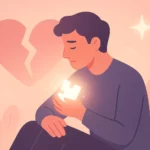
- Why Youre Taking Rejection Personally (and How to Finally Stop Hurting)
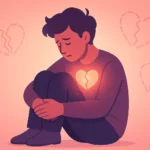
- Modern Dating Rejection: Why Micro-Rejections Hurt More Than You Think

- Rejection Sensitivity in Relationships: Why It Hurts and How to Heal
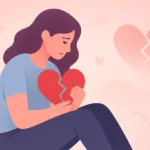
- The Psychology of Rejection: Why Heartbreak Hurts and How to Heal
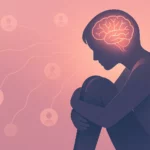
- The Painful Psychology of Rejection: Why It Hurts and How to Heal
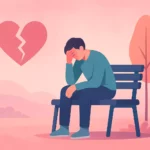
- Attachment Style and Breakups: Discover Yours to Heal Faster

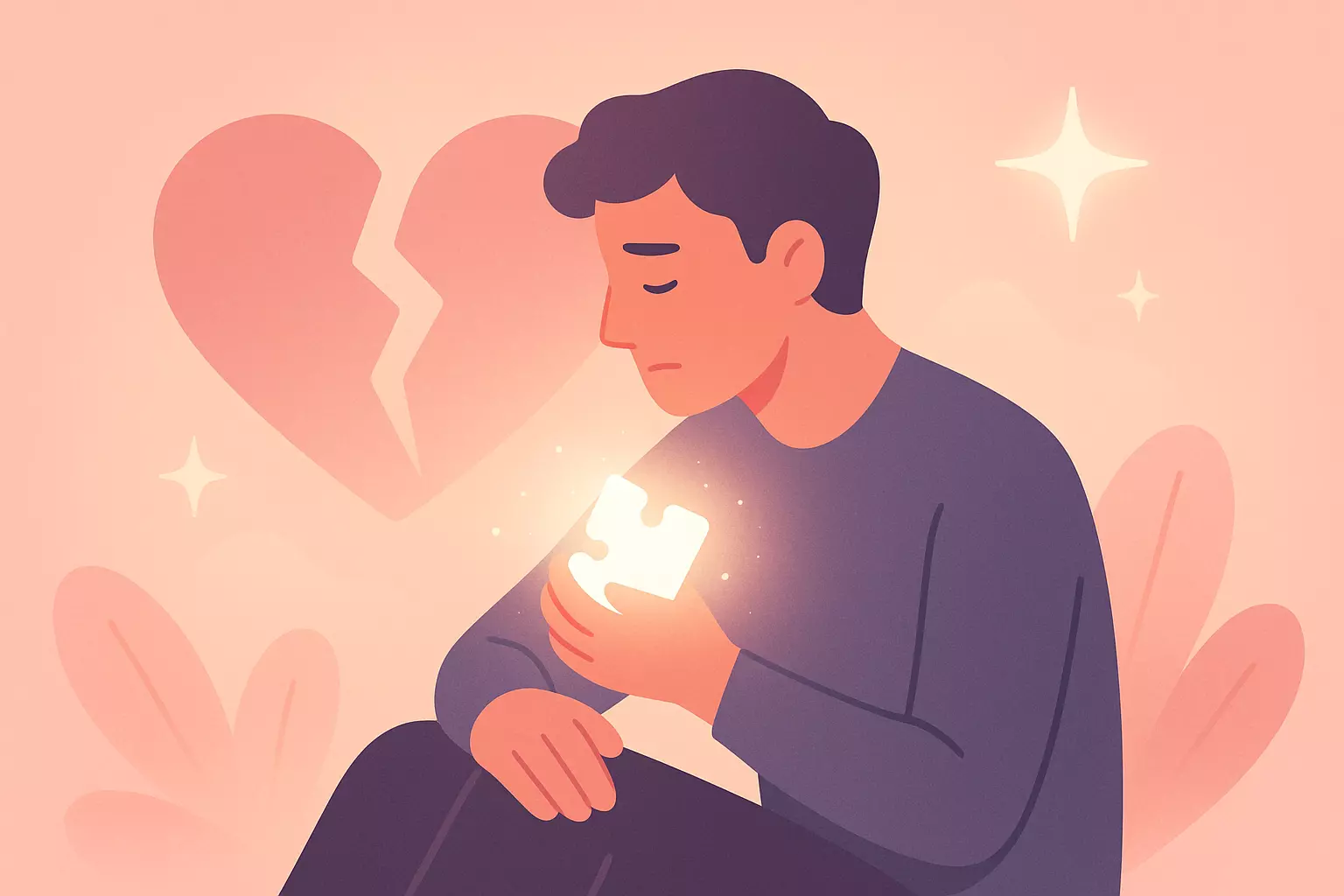
Leave a Reply